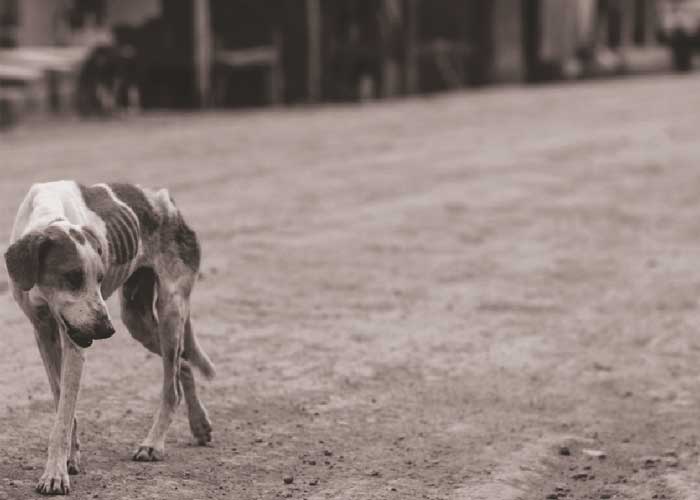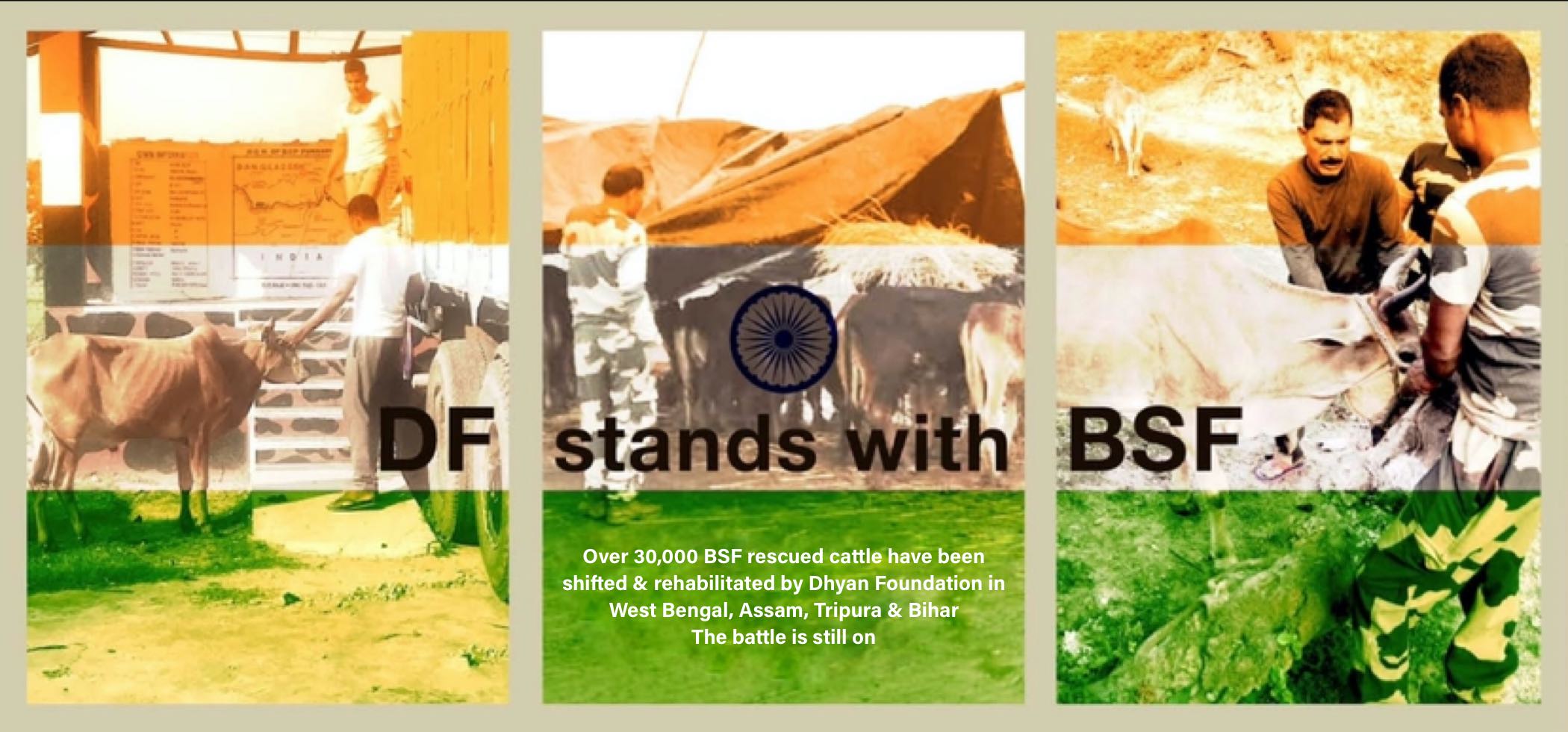We’ve all read the headlines that went something like this: ‘Animals used in laboratories either die in testing or are killed at the ends of the experiment.’ ‘Three students held for killing and cooking pet.’ ‘Millions of animals killed during a festival’… The list, unfortunately, is endless. Everyday, scores of animals are beaten, tortured or left to die on the streets and alleys.
What’s astounding is that there is an exponential growth in cruelty despite there being strict rules and regulations. Case in point: The Prevention of Cruelty to Animals Act, 1960 and the Wildlife Protection Act, 1972. Not many are aware of the legal tools at our disposal to help these animals. I have tried to compile some here, for the benefit of an animal-loving reader.
- Complain. You can lodge a complaint with the local state SPCA (Society for Prevention of Cruelty to Animals) or any animal welfare organisation working in your area. An NGO can’t enforce the law, but it can put you in touch with an animal activist who deals in filing complaints, bringing attention to such matters with legal or media-based intervention. Importantly, animal welfare organisations and animal hospitals can be contacted to provide relief to the suffering animal.
- Contact the Police. Under the PCA Act 1960, police is obliged to take action against the offender and render help to the suffering animals when the offence against the animal is amongst those listed in Section 11 or 12 of the PCA Act. Police are even obliged to extend help to the enforcement staff of SPCA as well as ordinary citizens to lodge a complaint/FIR against an incident of animal cruelty. If the police don’t adhere to your complaint, you can also contact the magistrate directly with a written complaint.
Complaint may also be lodged under Section 428 and 429 of the Indian Penal Code of 1860 under which, ‘mischief of killing or maiming an animal amounts to an offence’ and the offender can be imprisoned for up to five years or a fine or both.
- Know the Law. For example, a donkey should be loaded with only 35 kg of weight at one time; the permissible loading capacity of a truck is four buffaloes or 40 sheep/goats. Anything over and above is illegal. Know the difference between cognizable and non-cognizable offences outlined in the PCA Act 1960. Section 43 of Criminal Procedure Code empowers every citizen the right to perform a ‘citizen’s arrest’, that is the right to arrest a person who has committed in their presence a ‘cognizable’ offence, an offence for which the offender can be arrested without a warrant.





